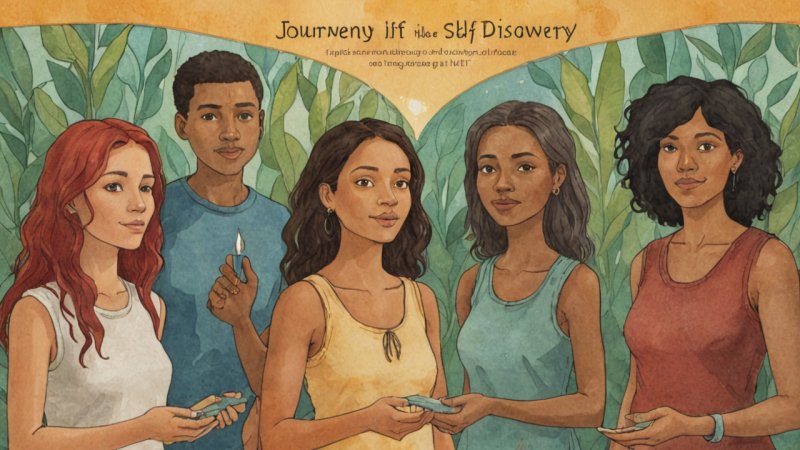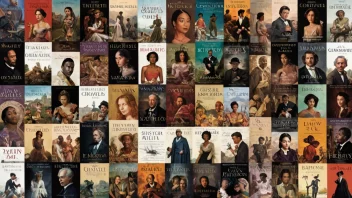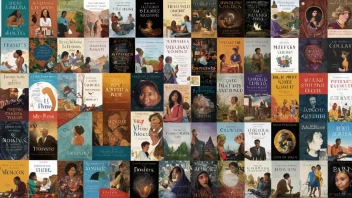Young adult (YA) fiction has long been a powerful medium for exploring the intricate tapestry of coming-of-age themes. This genre resonates deeply with readers as it captures the essence of adolescence, a time filled with self-discovery, identity formation, and emotional growth. Through relatable characters and compelling narratives, YA novels provide a mirror for young readers, reflecting their own experiences and struggles. One of the core aspects of YA fiction is its focus on the transition from childhood to adulthood. Characters often grapple with the complexities of relationships, peer pressure, and societal expectations, all of which contribute to their development. Take, for instance, John Green's 'The Fault in Our Stars,' where the protagonists, Hazel and Gus, navigate the challenges of love and mortality while seeking meaning in their lives. Their journey is not just about romance but also about understanding oneself in the face of adversity. Another significant theme in YA literature is the exploration of identity. Many young adult novels showcase characters from diverse backgrounds, allowing readers to see themselves reflected in various narratives. Books like 'The Hate U Give' by Angie Thomas delve into issues of race, privilege, and social justice, providing a platform for important discussions. This exploration encourages empathy and understanding, vital components in a young reader's emotional development. In addition to identity, YA fiction often addresses mental health, a crucial aspect of the coming-of-age experience. Novels such as 'Turtles All the Way Down' by John Green highlight the struggles with anxiety and obsessive-compulsive disorder, shedding light on mental health issues that many teens face. By portraying these challenges, YA literature fosters an environment of openness and support, encouraging readers to seek help and share their own experiences. The friendships and relationships depicted in YA novels further enhance the coming-of-age narrative. Characters often experience the highs and lows of friendship, love, and betrayal, teaching valuable lessons about trust and resilience. For instance, 'Eleanor & Park' by Rainbow Rowell beautifully captures the complexities of young love while addressing themes of acceptance and belonging. These relationships serve as a crucial backdrop for personal growth, allowing characters to learn from their interactions. As readers delve into the worlds created by YA authors, they find not only entertainment but also guidance and affirmation. The challenges faced by protagonists mirror the trials of adolescence, offering readers a sense of connection and understanding. In conclusion, young adult fiction serves as a vital exploration of coming-of-age themes, providing insights into identity, relationships, and mental health. Through the lens of relatable characters and resonant narratives, YA literature empowers young readers to embrace their journeys of self-discovery. As they turn the pages of these novels, they are reminded that they are not alone in their experiences, fostering a lifelong love for reading and literature.
Navigating the Journey of Self-Discovery
Explore the transformative journey of self-discovery through the lens of young adult fiction.






